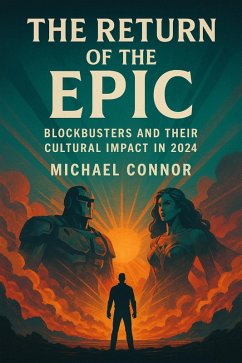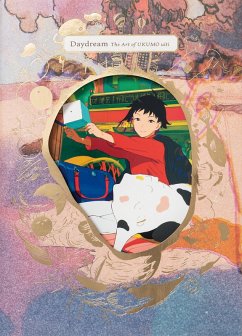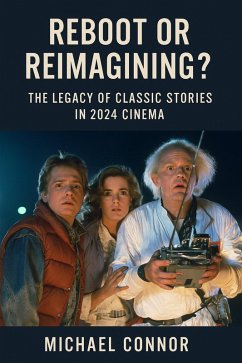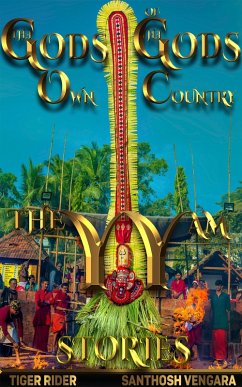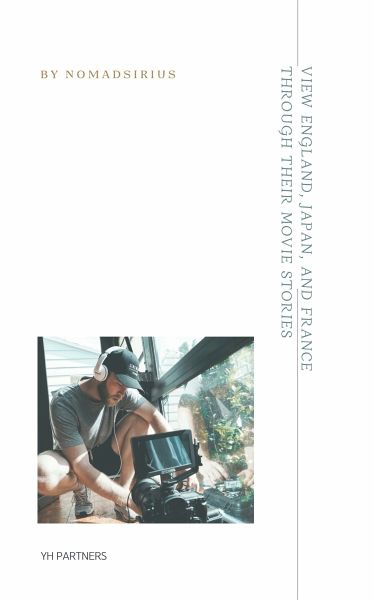
View England, Japan, and France through their movie stories (eBook, ePUB)

PAYBACK Punkte
0 °P sammeln!
Prologue. Romanticism despaired over the destructive and dark aspects of reason that became evident after the French Revolution of 1789. When radical and cruel reason shattered and collapsed all principles and orders, it bred a deep distrust and skepticism toward reason. Amid the ruins of the mind, Romanticism turned inward, seeking individuality and emotion based on self-confirmation and human instinctive desires. While Romanticism clearly emerged as a reaction against Enlightenment and Neoclassicism, it neither ignored nor rejected reason. Instead, it viewed absolute and universal reason as ...
Prologue. Romanticism despaired over the destructive and dark aspects of reason that became evident after the French Revolution of 1789. When radical and cruel reason shattered and collapsed all principles and orders, it bred a deep distrust and skepticism toward reason. Amid the ruins of the mind, Romanticism turned inward, seeking individuality and emotion based on self-confirmation and human instinctive desires. While Romanticism clearly emerged as a reaction against Enlightenment and Neoclassicism, it neither ignored nor rejected reason. Instead, it viewed absolute and universal reason as something that evolves with historical flow, perceiving society as an organism undergoing birth, growth, decline, and extinction. Just as Romanticism rebelled against the norms of the Age of Reason, scientific rationalism, and the Industrial Revolution, Realism opposed the exaggerated emotionalism and subjectivism of Romanticism. Focusing on the unpleasant and ugly realities revealed by the February Revolution of 1848, Realism aimed to objectify the lives of the middle and lower classes. It posited that uncomfortable truths are inherent in human conceptual systems and linguistic practices. Realism concerned itself with how things appear in order to view unidealized subjects and events. Thus, it attempted to depict and faithfully express facts existing in third-person objective reality according to secular and empirical rules, without embellishment or interpretation. This book approaches 15 films from the UK, Japan, and France through the intersection of emotion and thought. It contemplates the universal human emotions and experiences contained within the precarious spectacles of these three nations\' histories. By breaking free from prescribed emotional lines and the uncomfortable framework of fixed thought, this book reads the UK, Japan, and France through their cinematic narratives. Even when the film ends, it remains an unsettling stimulus with an unknown conclusion.
Dieser Download kann aus rechtlichen Gründen nur mit Rechnungsadresse in A, B, BG, CY, CZ, D, DK, EW, E, FIN, F, GR, H, IRL, I, LT, L, LR, M, NL, PL, P, R, S, SLO, SK ausgeliefert werden.





